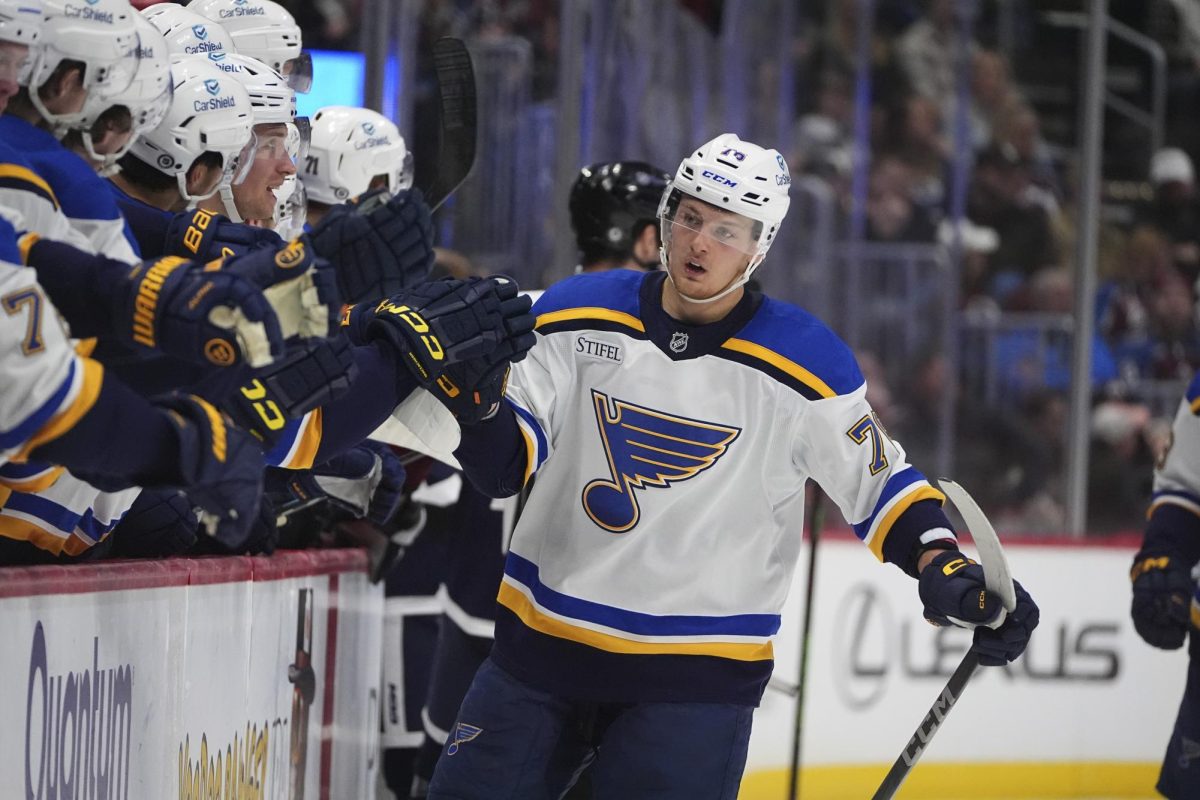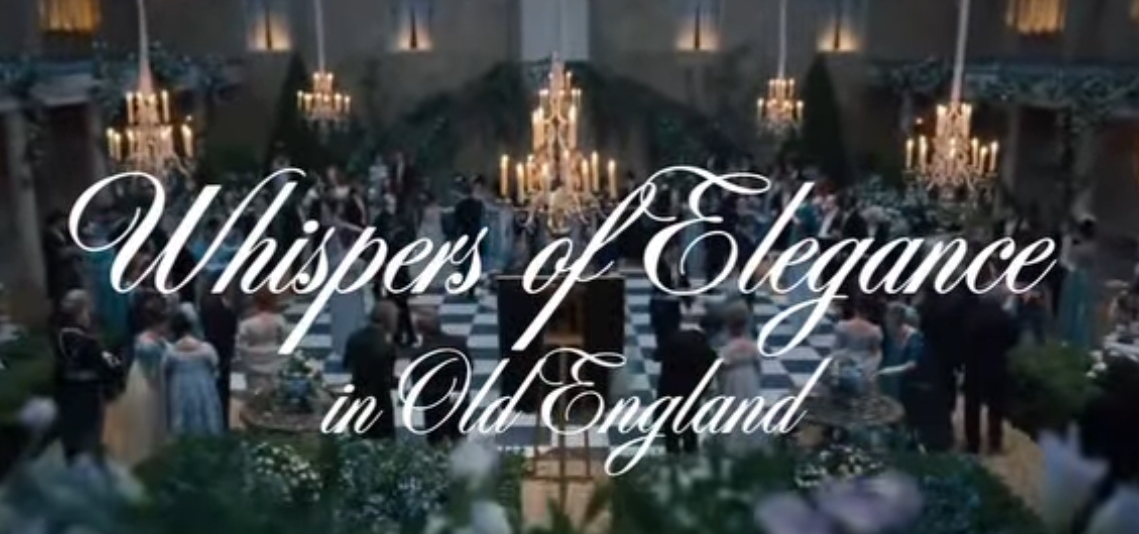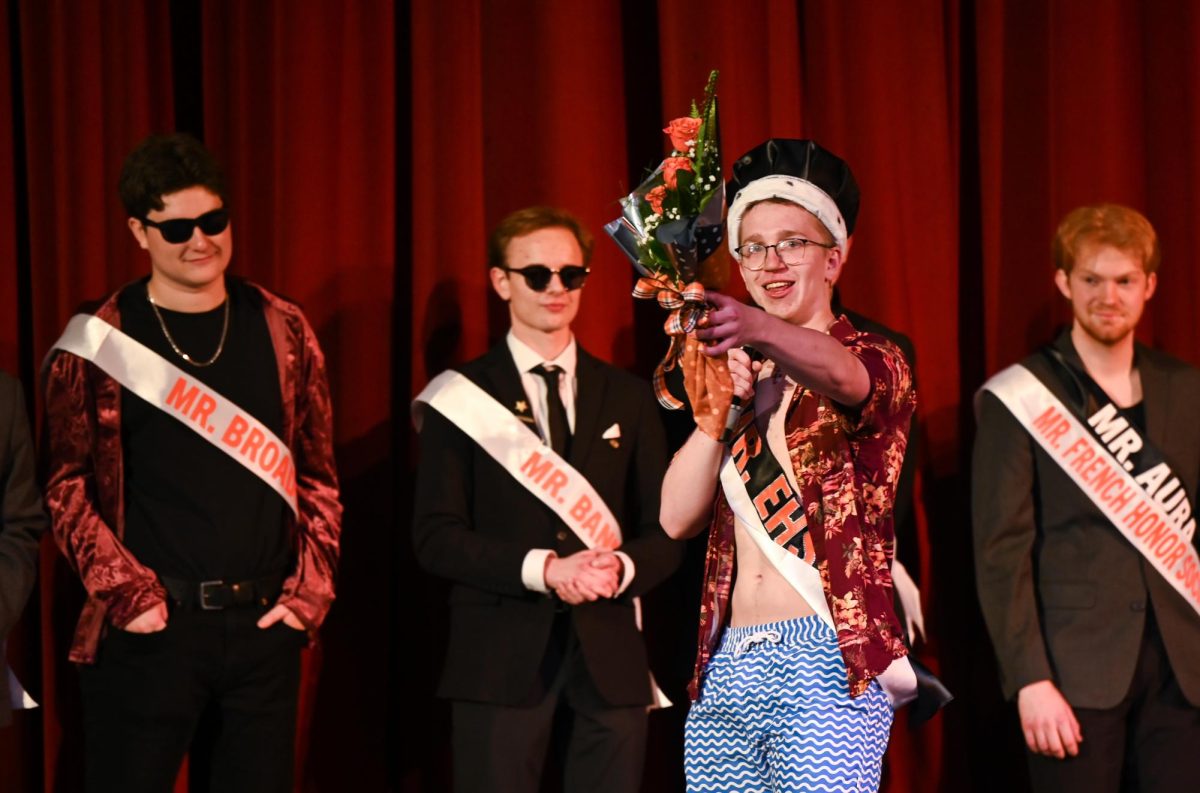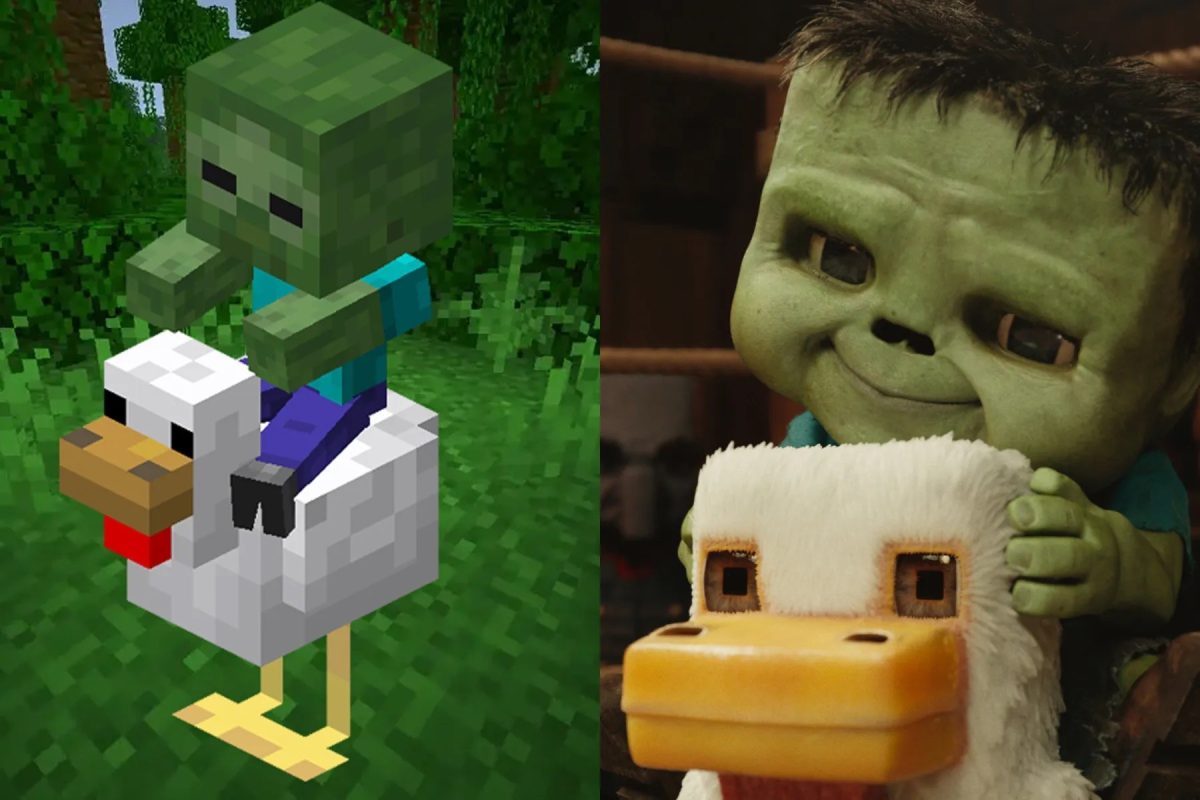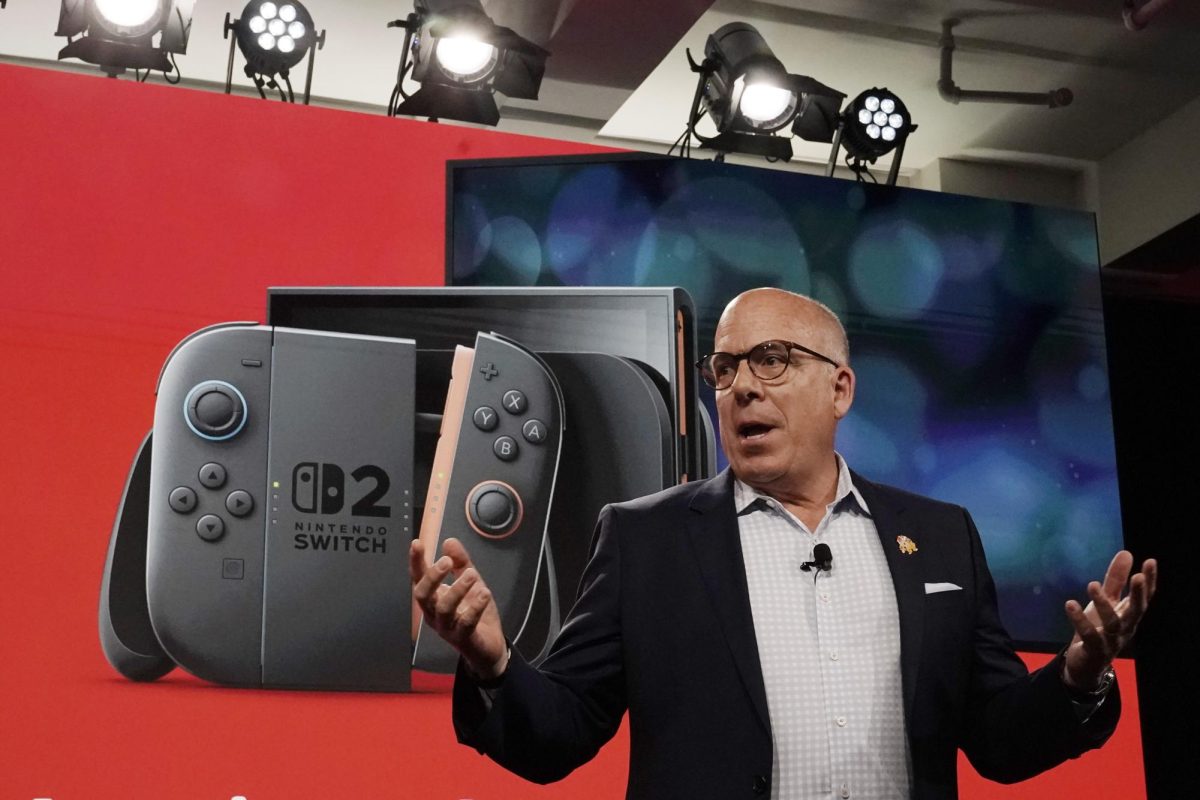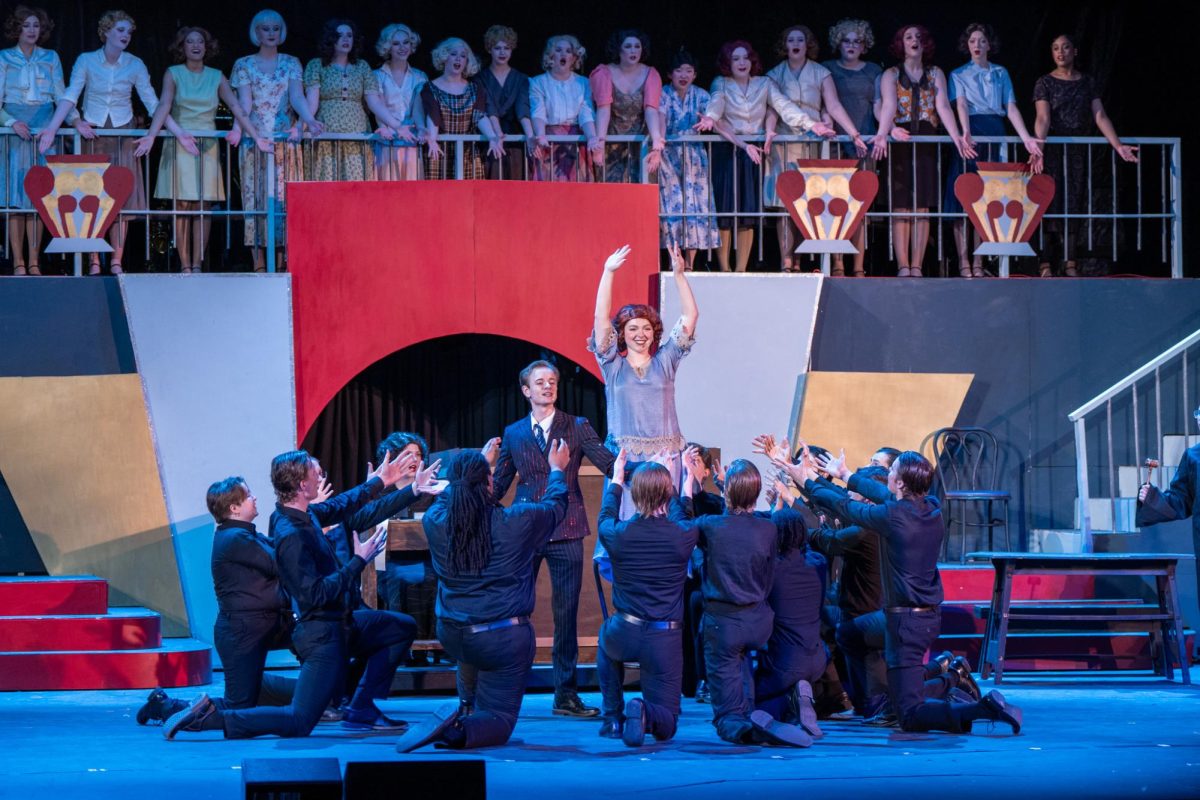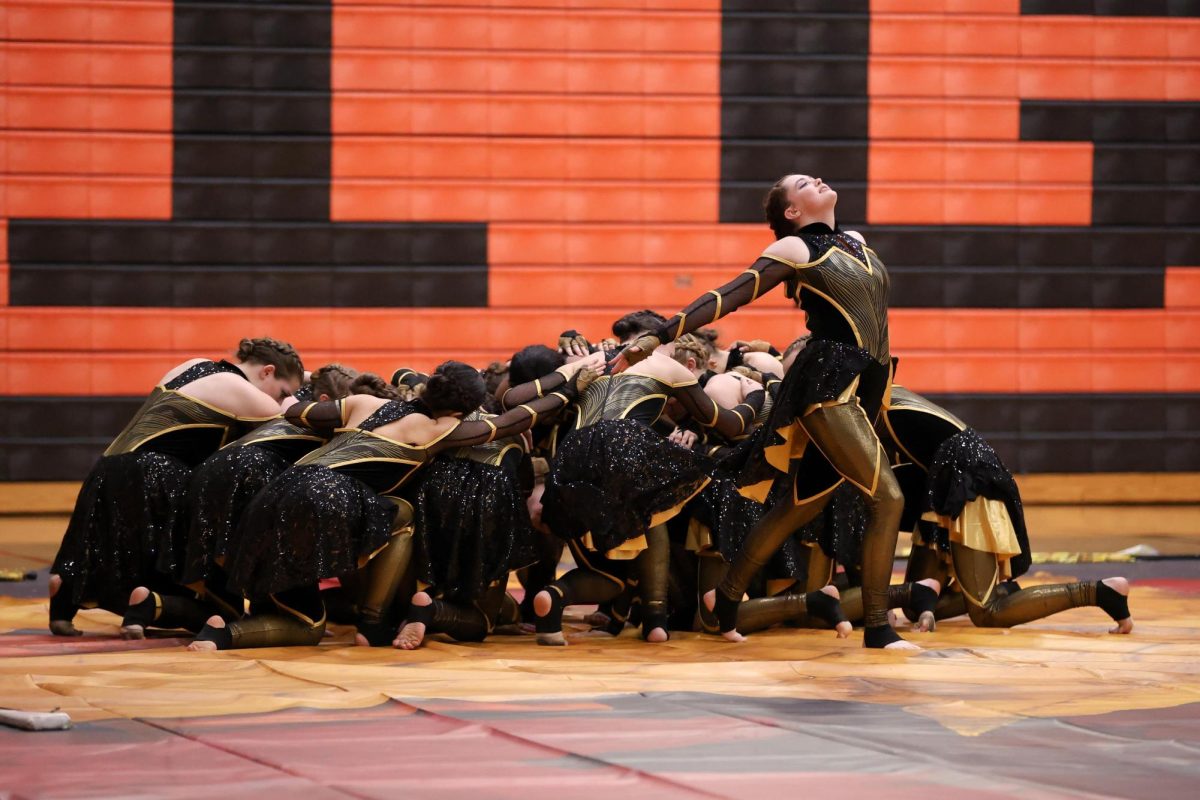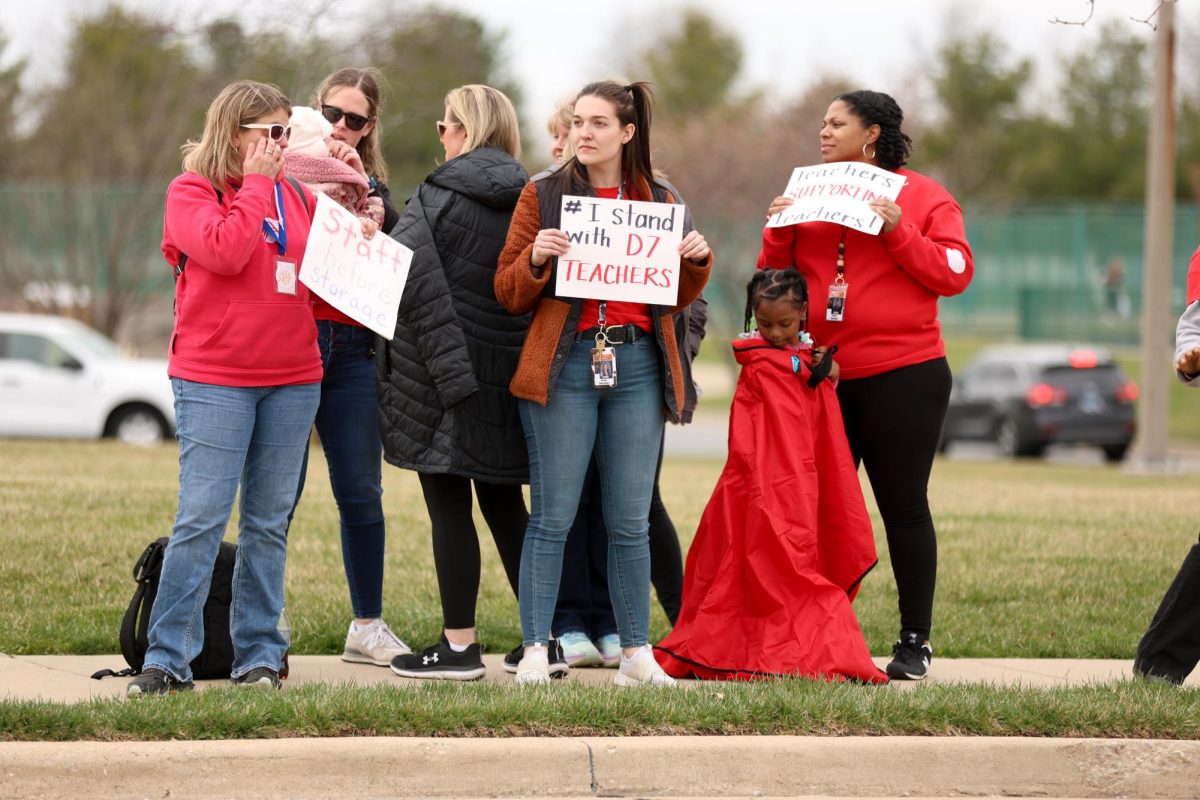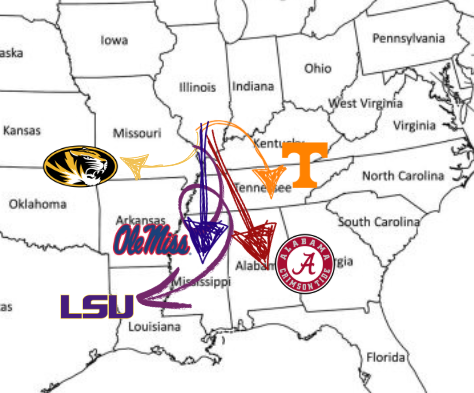Written in the Stars
September 27, 2017
High schoolers are plagued by stress stemming from classwork to sports. Students turn to teachers, parents, friends, guidance counselors for relief- and some even turn to the stars.
Twelve of the 88 constellations are zodiac signs. These 12 signs are different than other constellations; the sun passes over them annually. The sun is over Capricorn, for example, from the end of December to the end of January. Horoscopes are predictions about a person’s personality and day based on where the sun was when they were born.
Senior Lauren Tripp, a Virgo, reads her horoscopes every day, even if she doesn’t fully believe it. She’s not alone; according to the American Federation of Astrologers, 23 percent of the population read their horoscope daily.
“I think they’re interesting and although I don’t believe in them completely, I think it’s neat to have a little bit of an insight into why I may be the way I am or how my day or week is predicted to go,” Tripp said.
Horoscopes began printing in newspapers in 1930 when Richard Harold Naylor wrote an incredibly popular prediction for the newly born Princess Margaret in the Sunday Express. Horoscopes have been highly publicized ever since in many publications, including the Huffington Post, New York Post and St. Louis Post Dispatch.
Dave Boedecker, a Gemini, teaches honors astronomy at EHS. He tries not to pay any mind to horoscopes. He can see the many discrepancies: the broad predictions, the universe changing and the thirteenth zodiac sign that many chose to ignore.
“(Horoscopes are) a pseudoscience because it’s based on something scientific,” Mr. Boedecker said. “It no longer really has any scientific value because you can’t test it.”
Junior Noah Robertson, a Pisces, enjoys the horoscopes, but sees the flaws.
“Some traits are there and some are just so broad they could apply to anyone,” Robertson said. “Even if they’re not true, they’re just an interesting and fun idea.”
Almost anyone who spends a few minutes each day or each week reading that day’s horoscopes understands that it is not a science. It’s just something fun that can make your day a little better.
“If the horoscope gives me helpful advice such as ‘appreciate the little things’ or ‘try to stay positive today,’ I will make an attempt to do those,” Tripp said.
There’s just something cool about knowing your future. Even an astronomy teacher can understand that.
“There’s no empirical evidence at all that really makes any difference whatsoever,” Mr. Boedecker said. “Are they fun? Sure. Fun to read and have a hoot about? Yes.”


